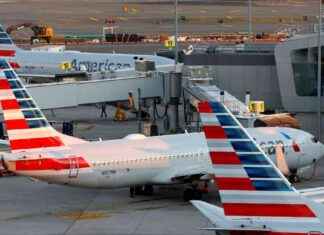(Information sent by the signatory company)
Torreblanca, December 27, 2023.
The Torreblanca City Council creates a new “Gos Park” (dog park) located in the Arrossar de Torrenostra gardens enabled with canine games
Background It was a demand from the citizens, an open and safe space so that the dogs could exercise freely. The government team of the Torreblanca town council continues to respond to the requests that are being conveyed to them by the residents of the town with the aim of improving the services that it offers them. In this way, it has just opened a “Gos Park” so that people with pets in the town have a place to take them and where the animals can be active and entertained thanks to the Agility games that it has installed. The mayor of the municipality, Tania Agut, has stated about this project, a time demanded by citizens: “We resolve a demand so that dogs can be active and in an open and safe space” is a commitment to build spaces with the best quality of life.In the chapter of the installation of the dog games, with safety, functional, aesthetic and durability criteria, the company awarded this project by the Torreblanca City Council was Martín Mena, for the supply of the dog game elements. They opted for the line of canine games with 100% recycled plastic posts from the extensive line of “dog world” from the MARTÍN MENA firm, all of them designed and manufactured in Valencia. Manufactured according to UNE regulations: EN 1176 based on its safety criteria. These canine games allow dogs to overcome a series of obstacles, regardless of their breed, size or age. Playing these games regularly as Agility Circuits will allow dogs to establish greater bonds with their owners and stay in shape. The 100% recycled plastic posts of the aforementioned dog games are made of an extremely durable material that, unlike wood or steel, is not affected by the elements; It does not rot, it does not rust, therefore it does not need maintenance. It is lighter than concrete and cheaper than stainless steel. And not to mention that, with its use, you do your bit to protect the environment. The entire interdisciplinary team of Martín Mena thanks the Torreblanca City Council and is pleased with the result. Where the citizens of Torreblanca, visitors and their respective dogs can enjoy a canine leisure area for the enjoyment of pets and their owners.
Contact Contact name: www.martinmena.es Contact description: Repre. Martín Mena SLContact phone number: 676815731







